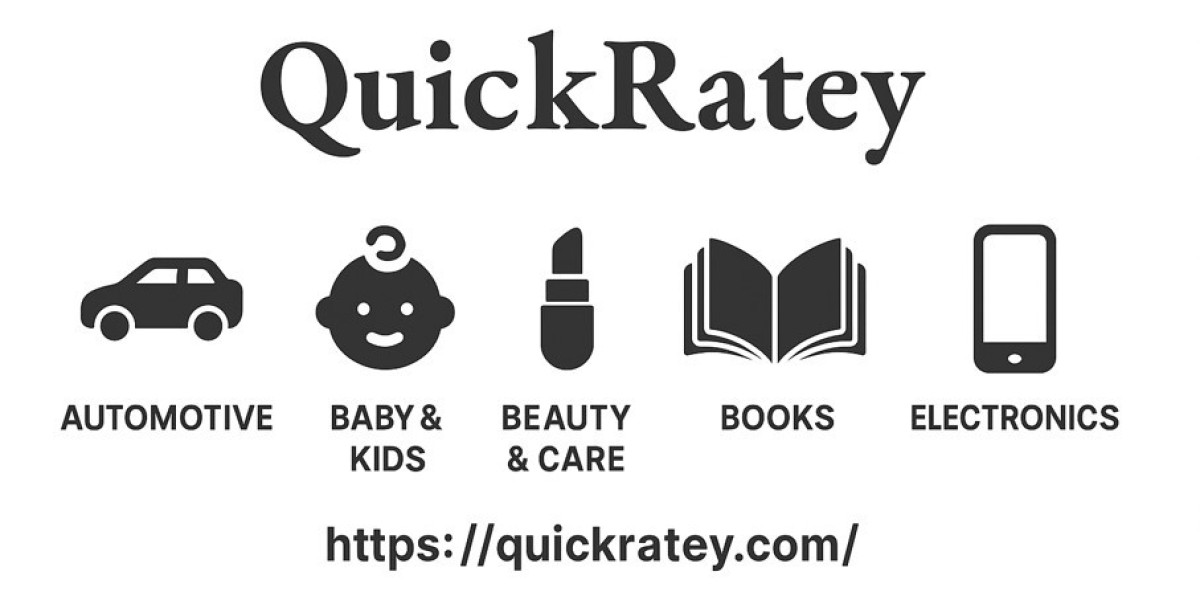Performance reviews have long been a part of workplace culture, but they’re often misunderstood, dreaded, or underused. In reality, a well-structured Performance Review can be one of the most powerful tools for both employee development and organizational success.
Whether conducted annually, quarterly, or in real-time, performance reviews offer a structured opportunity to assess progress, recognize achievements, address challenges, and align goals.
What Is a Performance Review?
A performance review is a formal evaluation where managers and employees discuss job performance, strengths, weaknesses, and future objectives. Traditionally used to determine raises or promotions, modern reviews have evolved into two-way conversations that focus on growth, development, and engagement.
It’s no longer just about what you did—it’s about how you grow.
Why Performance Reviews Matter
- Clarity and Direction
Performance reviews help employees understand exactly how they are doing in their roles. Clear expectations and honest feedback eliminate guesswork and provide a roadmap for success. - Employee Development
Constructive reviews highlight skills gaps, training needs, and career development opportunities. They help employees grow personally and professionally. - Goal Alignment
Reviews allow managers and employees to align individual performance with team and company goals. When everyone is on the same page, performance improves across the board. - Recognition and Motivation
A well-conducted review isn’t just about critique—it’s also a chance to celebrate wins. Acknowledging achievements boosts morale and engagement. - Organizational Insight
For leadership, performance reviews provide data on productivity trends, team strengths, and areas needing improvement. This insight informs better decision-making.
Key Elements of a Good Performance Review
A strong performance review should be:
- Objective: Based on measurable outcomes and specific examples, not personal opinions.
- Constructive: Focused on improvement, not just evaluation.
- Two-Way: Encourage employees to share their thoughts, challenges, and career goals.
- Regular: Conducted frequently enough to be relevant, such as quarterly or biannually.
- Action-Oriented: End with a clear plan for future development or adjustments.
What to Discuss During a Performance Review
Here are common topics covered in an effective review session:
- Job Performance
Review specific accomplishments, tasks completed, and results achieved. Was the employee productive, reliable, and effective?
- Strengths and Achievements
What has the employee done exceptionally well? Recognize unique skills, problem-solving abilities, leadership, or teamwork.
- Areas for Improvement
Where can performance be improved? Offer examples and guidance—not just criticism.
- Goal Progress
Evaluate goals from the previous review period. Were they met? If not, why? What needs to change moving forward?
- Skill Development
Identify learning opportunities and training needs. Discuss career aspirations and growth plans.
- Feedback from Others
If 360-degree reviews are used, include peer, subordinate, or client feedback for a fuller picture.
Tips for Employees in a Performance Review
- Prepare Ahead: Reflect on your accomplishments, challenges, and goals.
- Stay Open-Minded: Accept feedback without becoming defensive.
- Be Honest: Share what’s working and what’s not—from your perspective.
- Set Clear Goals: Work with your manager to create achievable targets and growth plans.
Tips for Managers
- Use Data: Base feedback on performance metrics, not assumptions.
- Listen Actively: Encourage open dialogue and give employees a voice.
- Balance Feedback: Mix praise with areas for development.
- Follow Up: Don’t let the review be the end of the conversation. Continue coaching regularly.
Final Thoughts
A performance review should be more than a checklist or formal requirement. When done thoughtfully, it becomes a meaningful conversation that fosters trust, accountability, and growth. In today’s evolving workplace, where talent retention and employee satisfaction are more critical than ever, performance reviews can be a catalyst for positive change.
Whether you’re an employee seeking clarity or a manager leading a team, embrace the performance review not as a judgment—but as a powerful step toward progress.



